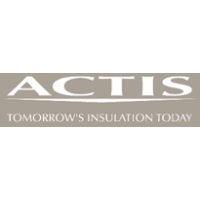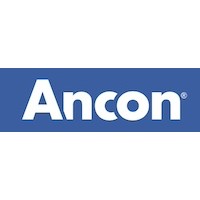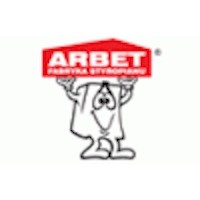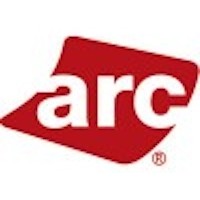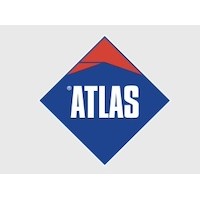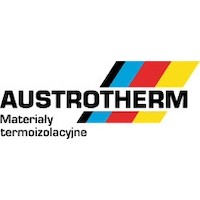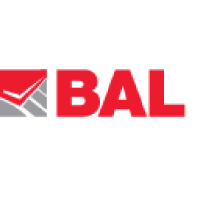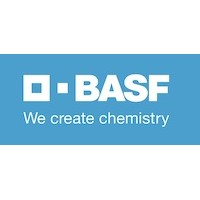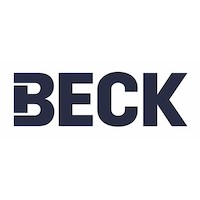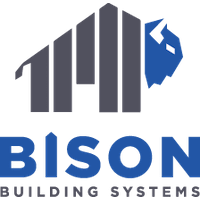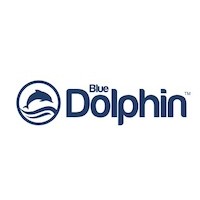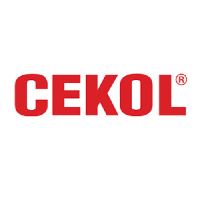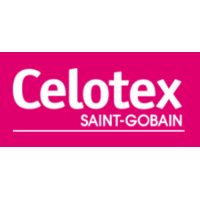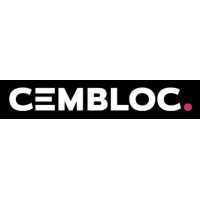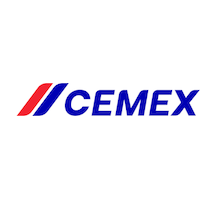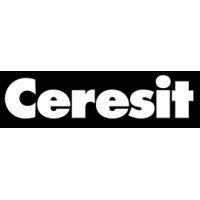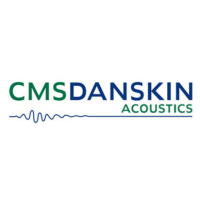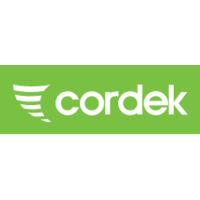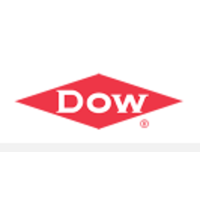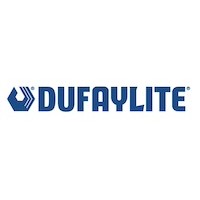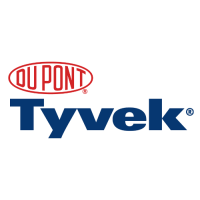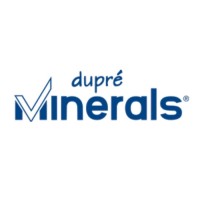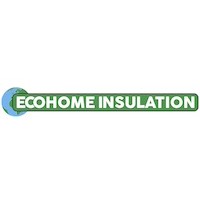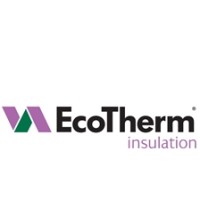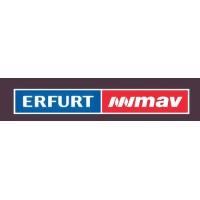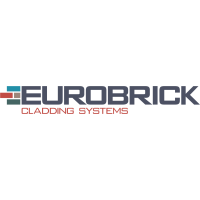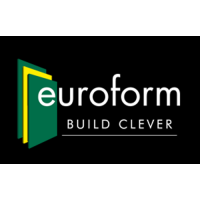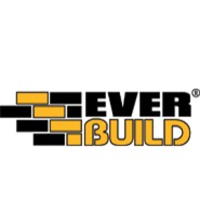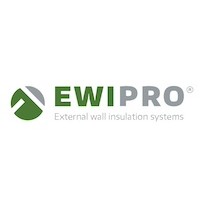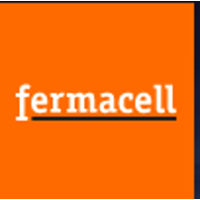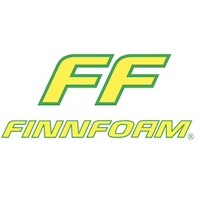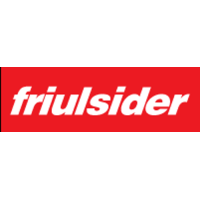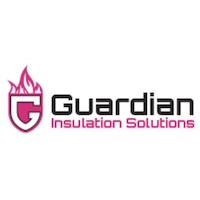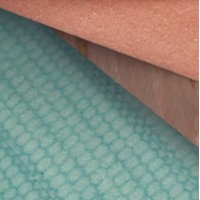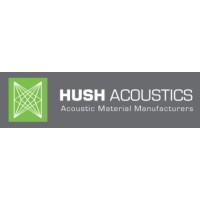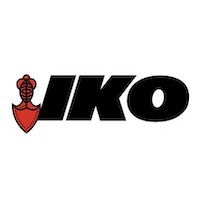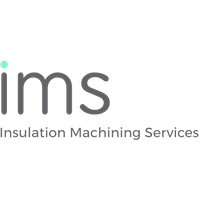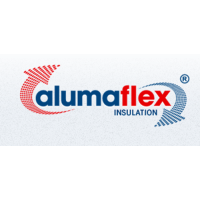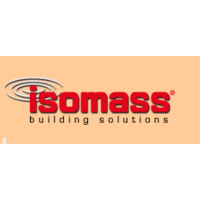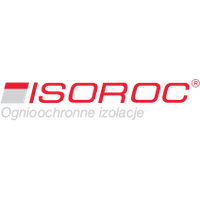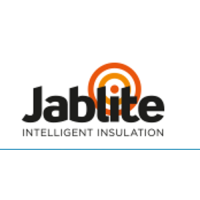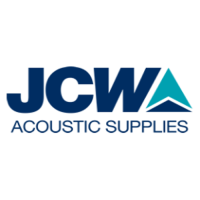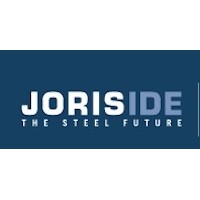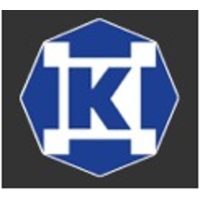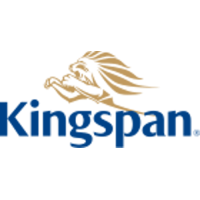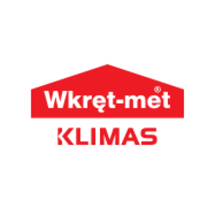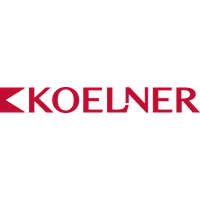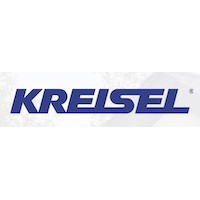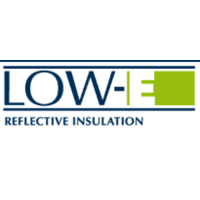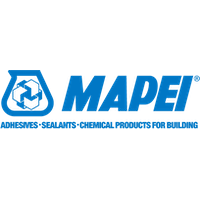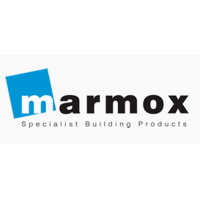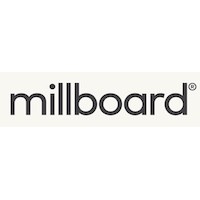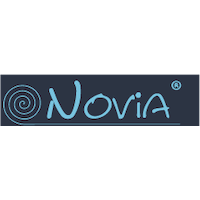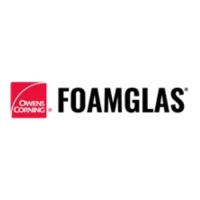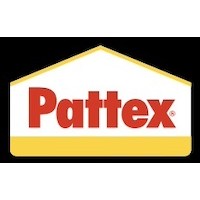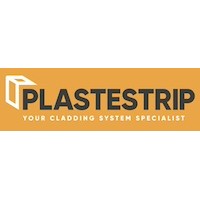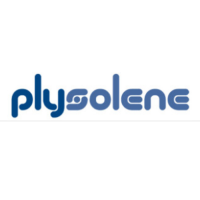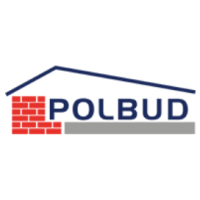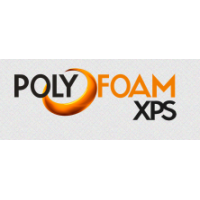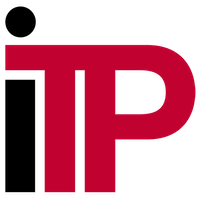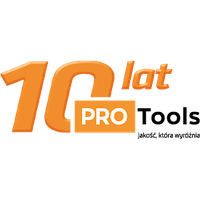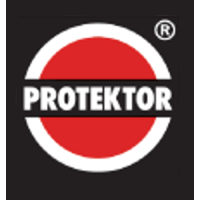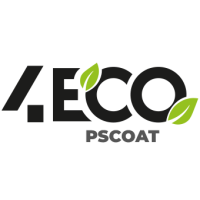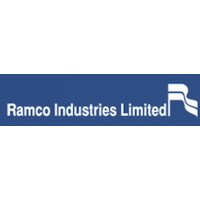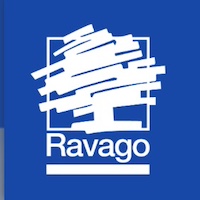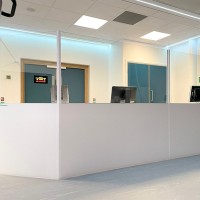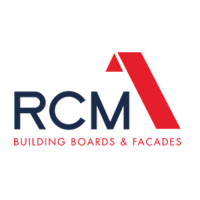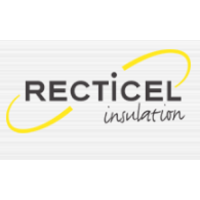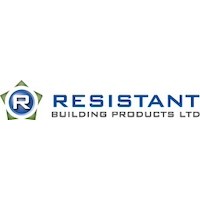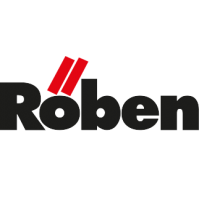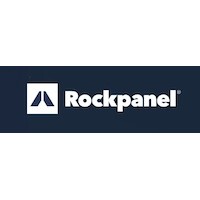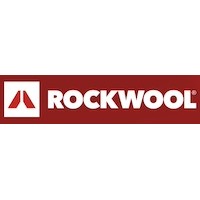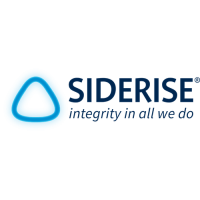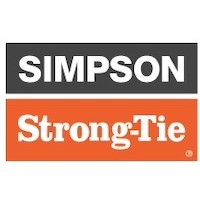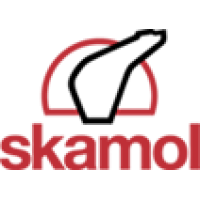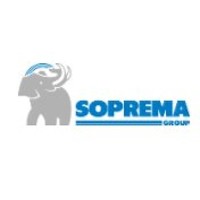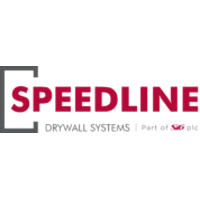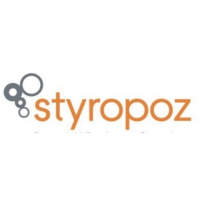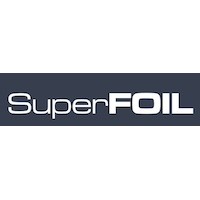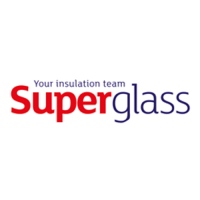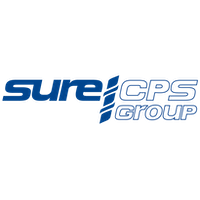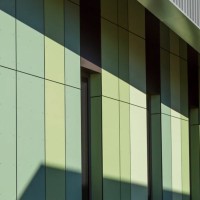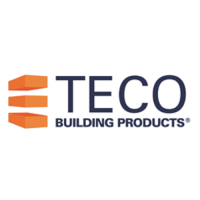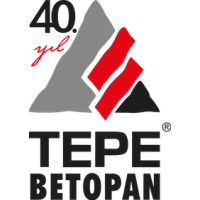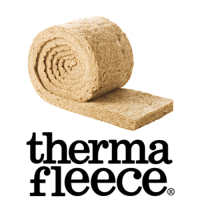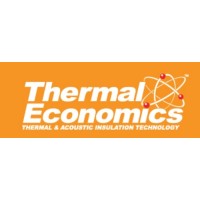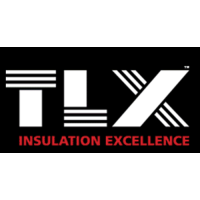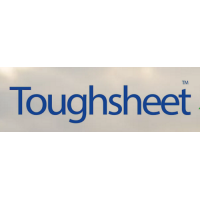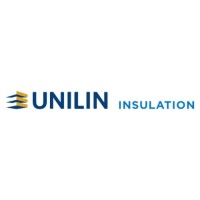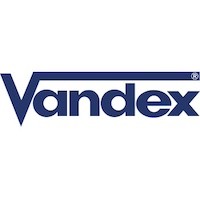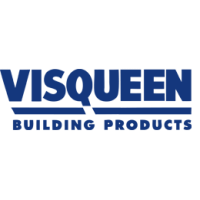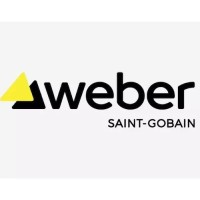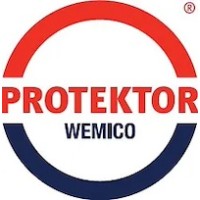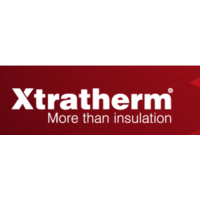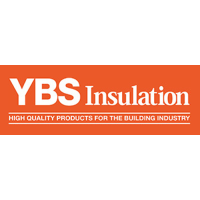Rigid Insulation Boards - Polystyrene Insulation Boards
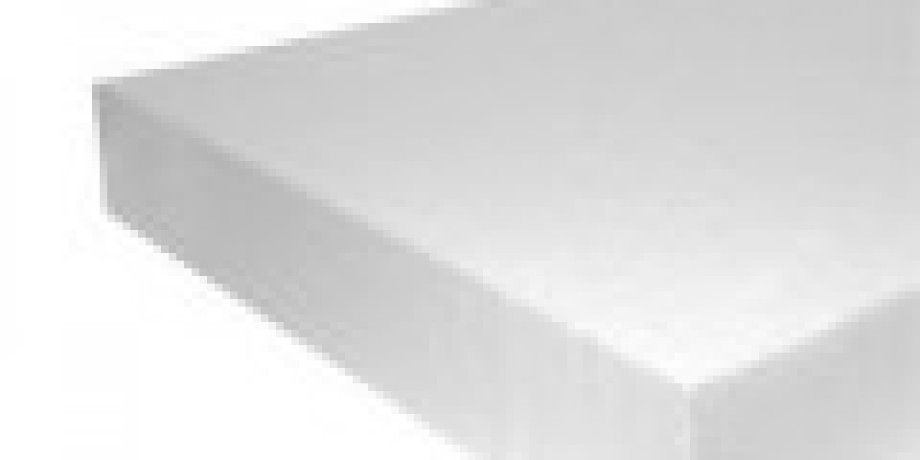
by Mark Row
All there is to know about Polystyrene Insulation Boards
 Polystyrene Insulation Boards are a type of Rigid Insulation Boards with very wide application now days, in almost every type of commercial and industrial buildings, due to their tough structure and rigidity which makes them both thermal and structural insulation material. Two other types of rigid board insulation are PIR Insulation Boards and Phenolic Insulation Boards. However, besides all of the advantages of this type of insulation, there are also some downsides, so this is why it is important to know some basic characteristics of polystyrene insulation boards, before choosing and using this type of insulation.
Polystyrene Insulation Boards are a type of Rigid Insulation Boards with very wide application now days, in almost every type of commercial and industrial buildings, due to their tough structure and rigidity which makes them both thermal and structural insulation material. Two other types of rigid board insulation are PIR Insulation Boards and Phenolic Insulation Boards. However, besides all of the advantages of this type of insulation, there are also some downsides, so this is why it is important to know some basic characteristics of polystyrene insulation boards, before choosing and using this type of insulation.
Definition
 Polystyrene insulation boards consist of polystyrene, which is one of the commonly used colorless plastic with different applications, such as plastic models, disposable cutlery, packing materials and of course insulation. There are two basic types of polystyrene used in insulation, extruded and expanded polystyrene, depending on the manufacturing process. Namely, expanded polystyrene is based on the mixture of polystyrene beads and a bondage agent, which is heated in order of expanding the beads which are then compressed under pressure and left to cool down, producing hard boards. On the other hand, extruded polystyrene is made out of mixture of polystyrene crystals and specific additives, which are melted in order of converting crystals into plastic fluid then molded, cooled, expanded and finally cut to a determined shape. Both expanded and extruded polystyrene have good thermal performance, but extruded polystyrene, although usually more expensive, has higher density (due to the manufacturing process) and thus slightly better insulation power.
Polystyrene insulation boards consist of polystyrene, which is one of the commonly used colorless plastic with different applications, such as plastic models, disposable cutlery, packing materials and of course insulation. There are two basic types of polystyrene used in insulation, extruded and expanded polystyrene, depending on the manufacturing process. Namely, expanded polystyrene is based on the mixture of polystyrene beads and a bondage agent, which is heated in order of expanding the beads which are then compressed under pressure and left to cool down, producing hard boards. On the other hand, extruded polystyrene is made out of mixture of polystyrene crystals and specific additives, which are melted in order of converting crystals into plastic fluid then molded, cooled, expanded and finally cut to a determined shape. Both expanded and extruded polystyrene have good thermal performance, but extruded polystyrene, although usually more expensive, has higher density (due to the manufacturing process) and thus slightly better insulation power.
 Polystyrene insulation boards have many properties that make them very attractive when it comes to insulation. Firstly, the thickness of the boards makes them very easy to transport and handle and easy to cut into every shape (by using laser, hot wire or razor knife), but their structural stability makes them strong enough and allows them to keep their shape and integrity over time. Named qualities also make polystyrene boards a great thermal and acoustic insulator, waterproof, very durable and applicable to different commercial and residential settings. Although somewhat expensive type of insulation material, polystyrene insulation boards, bearing in mind their thermal performances, on the long term, will help you not only recover the money spend on their purchase and insulation but also save money in the future, which makes them cost-effective.
Polystyrene insulation boards have many properties that make them very attractive when it comes to insulation. Firstly, the thickness of the boards makes them very easy to transport and handle and easy to cut into every shape (by using laser, hot wire or razor knife), but their structural stability makes them strong enough and allows them to keep their shape and integrity over time. Named qualities also make polystyrene boards a great thermal and acoustic insulator, waterproof, very durable and applicable to different commercial and residential settings. Although somewhat expensive type of insulation material, polystyrene insulation boards, bearing in mind their thermal performances, on the long term, will help you not only recover the money spend on their purchase and insulation but also save money in the future, which makes them cost-effective.
However, there are also certain disadvantages of this type of insulation boards, such as the need of fire-protective coating, as being flammable and resilient to high temperatures, usually over 70, 80 ° C. Still, since, especially residential buildings are not likely to be exposed to such extreme temperatures, this deficiency has little practical value. Another important thing is their environmental impact, which does not make them as attractive as some other insulation materials. Although some effort has been made to make these boards more eco-friendly, polystyrene insulation boards remain non-biodegradable and basically non-recyclable, since it takes almost as much energy to recycle them as to produce them.
Classification
Insulation Shop offers both extruded and expanded polystyrene insulation boards from top manufacturers, such as Kay Metzeler, Cordek, and Cellesta, in variety of densities and thickness, all properly certified and approved.
 Kay Meltzer offers you Polystyrene Insulation Board, available in 25mm to 100mm thicknesses. Being moisture resistant, compatible with most building products, rot proof, unaffected by bacteria, moulds or fungi and non-toxic,
Kay Meltzer offers you Polystyrene Insulation Board, available in 25mm to 100mm thicknesses. Being moisture resistant, compatible with most building products, rot proof, unaffected by bacteria, moulds or fungi and non-toxic,  non irritant and odorless, it can be used in thermal insulation of walls and ceilings from the bottom, insulation of walls with cladding, ventilated by air slots, thermal crown insulation made under the plaster and as insulation of lintels and door frames, insulation of ceilings made of reinforced concrete as lost planking or insulation of steep roofs laid under the bearing structure; Claylite, available in two thicknesses of 500mm and 100mm, applicable on reinforced concrete ground beams or vertical face of concrete foundations. It is inert, non toxic, free from CFC gases, rot- proof, water resistant and dimensionally stable.
non irritant and odorless, it can be used in thermal insulation of walls and ceilings from the bottom, insulation of walls with cladding, ventilated by air slots, thermal crown insulation made under the plaster and as insulation of lintels and door frames, insulation of ceilings made of reinforced concrete as lost planking or insulation of steep roofs laid under the bearing structure; Claylite, available in two thicknesses of 500mm and 100mm, applicable on reinforced concrete ground beams or vertical face of concrete foundations. It is inert, non toxic, free from CFC gases, rot- proof, water resistant and dimensionally stable.
 Cordec offers you Claymaster, available in thicknesses from 50mm-100mm, rot-proof, durable and will withstand the conditions encountered below ground, it will not degrade in the presence of high levels of ground water or precipitation. Boards are normally rectangular and of uniform thickness, but special shapes are available to order
Cordec offers you Claymaster, available in thicknesses from 50mm-100mm, rot-proof, durable and will withstand the conditions encountered below ground, it will not degrade in the presence of high levels of ground water or precipitation. Boards are normally rectangular and of uniform thickness, but special shapes are available to order  including circular sections to fit around pile caps, and tapered boards. It can be used in below concrete groundbeams of a maximum depth of 600 mm, piled foundation construction or at the vertical face of deep trench foundations; Cellcore HX, used for ground movement under slabs and beams.
including circular sections to fit around pile caps, and tapered boards. It can be used in below concrete groundbeams of a maximum depth of 600 mm, piled foundation construction or at the vertical face of deep trench foundations; Cellcore HX, used for ground movement under slabs and beams.
 Cellesta offers you Yelofoam X21, available in 25mm to 75mm thicknesses, applicable to floors, walls or roofs, environmentally friendly being CFC and HCFC free, recyclable, with high compressive, very low water absorption and user friendly as being non irritable.
Cellesta offers you Yelofoam X21, available in 25mm to 75mm thicknesses, applicable to floors, walls or roofs, environmentally friendly being CFC and HCFC free, recyclable, with high compressive, very low water absorption and user friendly as being non irritable.
If you found this article to be helpful, please share it with your friends on Twitter, Facebook and Google+. If you have any questions or comments feel free to write them in the comment section below, I will respond to all of them.

